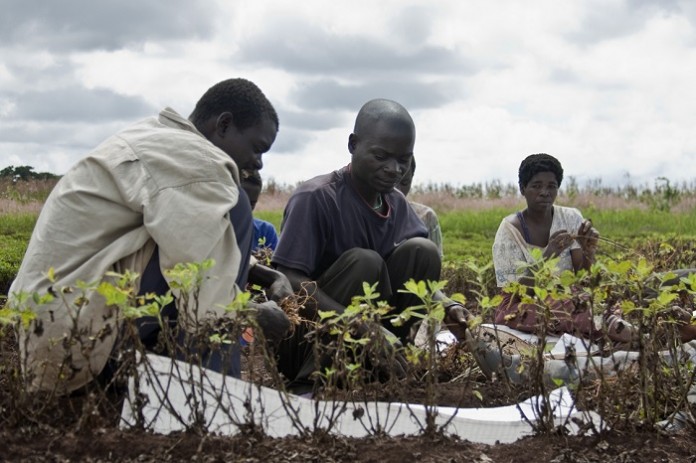
The deepening hunger crisis in Malawi is threatening the survival of children, with latest statistics on severe acute malnutrition (SAM) showing a 100 per cent increase from December 2015 to January 2016.
UNICEF tracks the cases each month, gathering from all districts across the country. In January 2016, 4324 cases of severe malnutrition were recorded across the country, which is more than double the cases in December 2015.
Malawi is facing its worst food crisis in nine years, with 2.8 million people (more than 16 per cent of the population) at risk of hunger. Two years of erratic rain and drought have combined with one of the most powerful El Niño events in years to wreak havoc on the lives of the most vulnerable children.
The challenging economic environment in Malawi has put basics out of reach for many families, which, coupled with the very high price of maize and countrywide shortages, have exposed millions of people to to food insecurity and hunger. This has forced families, the majority of whom are subsistence farmers, to implement coping mechanisms such as reducing the frequency of meals and selling off assets.
UNICEF is responding to the emergency by supporting the Government of Malawi to ensure young children are screened regularly for malnutrition, and if necessary treated to prevent severe acute malnutrition threatening lives.

